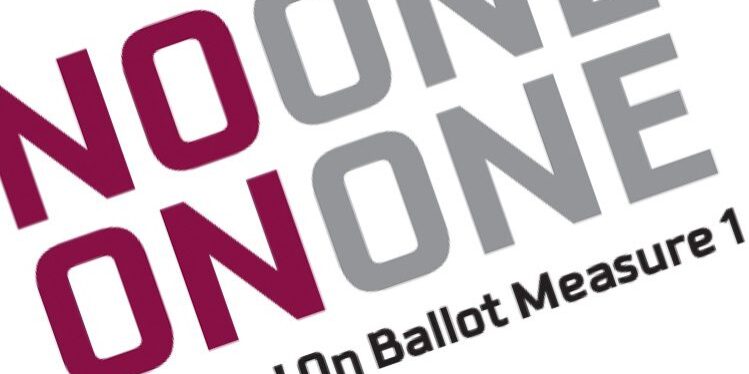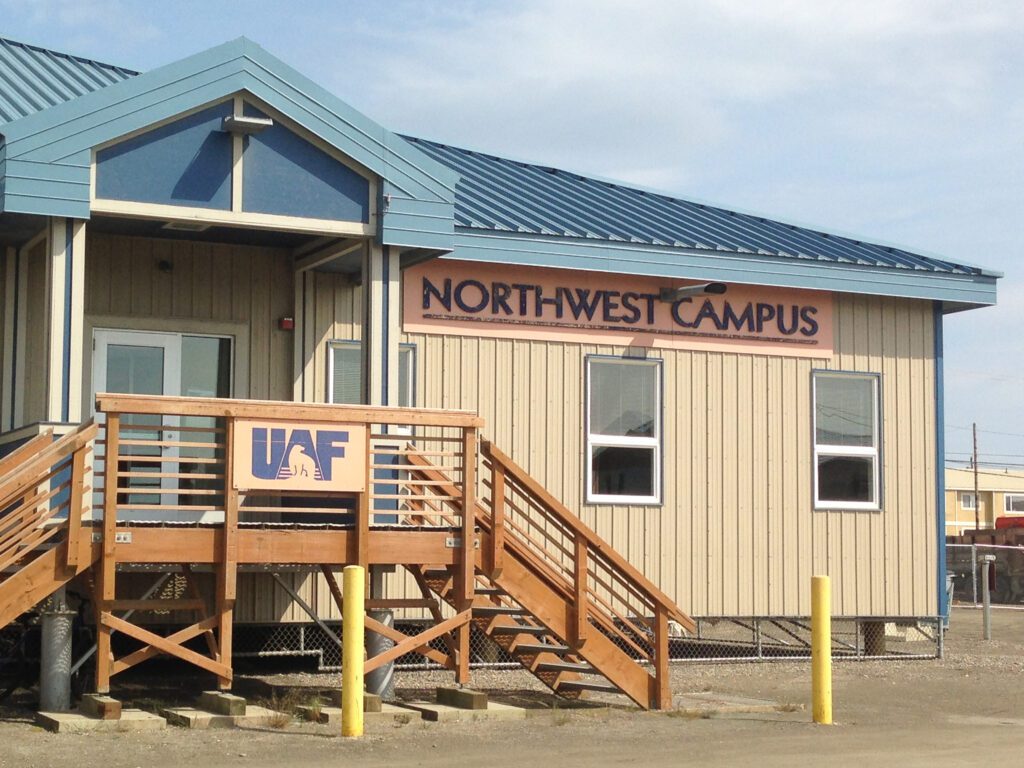Six Alaska Native corporations are campaigning against an August ballot measure that would repeal the state’s contentious new oil tax system.
The Anchorage-based “No One On One” group is described as “a coalition to educate Alaskans on Ballot Measure 1.” Six Alaska Native corporations have signed on to the group: the Barrow-based Arctic Slope Regional Corporation, interior-based Doyon Limited, Southcentral’s Cook Inlet Region Inc., NANA Development Corporation located in Kotzebue, the Bristol Bay Native Corporation, and the Bering Straits Native Corporation in Nome.
The group plans to work toward defeating Ballot Measure 1, an initiative scheduled for the August 19 primary ballot. In short, the corporations want to keep the new oil tax system on the books and are working to defeat the repeal.
Ballot Measure 1 aims to repeal Senate Bill 21, the controversial oil tax reform championed by Governor Sean Parnell and passed by the state legislature in 2013. Passage of the oil tax spurred a citizens’ petition that collected more than 40,000 signatures from across the state to put the new oil tax to a public vote.
Supporters of the oil tax system say reduced oil taxes are already stimulating new development, which will ultimately mean good things for a state heavily dependent on oil revenues. Opponents say the open-ended taxes leave oil companies free to take the tax cuts without committing to new oil and gas exploration.
In a release accompanying the announcement on the formation of the group, BSNC president and CEO Gail Schubert is quoted as saying the coalition will not be accepting any oil industry money. “This is about Alaskans coming together to recognize the benefits that tax reform has already created, and working together to keep Alaska from taking a giant step backwards,” said Schubert.
Those behind the repeal effort disagree, and argue the effects of the oil tax cuts will be felt in rural Alaska. In a Thursday release, former Alaska state legislator and repeal organizer Vic Fischer said the oil tax amounts to a “giveaway” to oil companies that will cost the state down the road.
“If we lose billions in the future,” Fischer wrote, “history tells us that the Bush will suffer greatly.”
BSNC’s corporate communications director Miriam Aarons said the board voted unanimously last week to join the effort against the ballot measure. She said the board had some reservations, but ultimately thought the issue impacted its Bering Strait shareholders enough to take a stand.
“The company and our board is concerned that the impact on rural Alaska, the decline of state oil tax revenues, would translate into a decline in funds to support rural projects and services,” Aarons said. “And a lot of our shareholders benefit from new work and work with the oil companies, so it does affect our shareholders.”
Voters will approve or reject the new oil tax law when they cast their primary ballots on Aug. 19.







